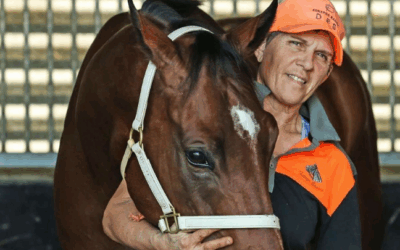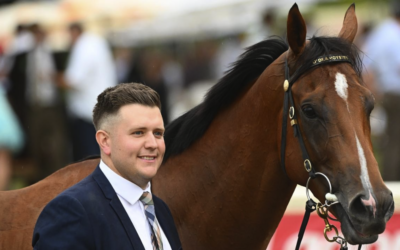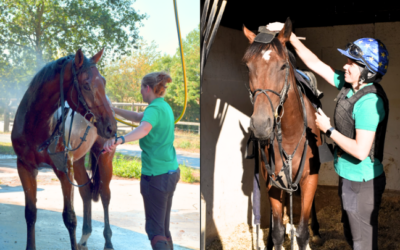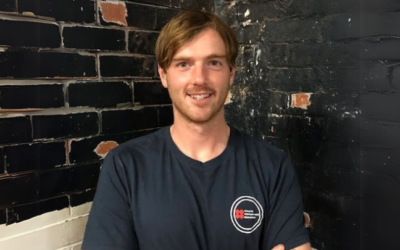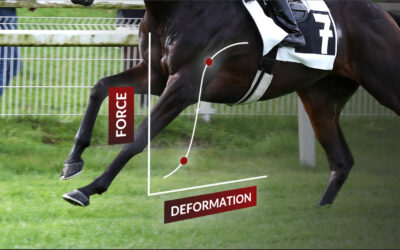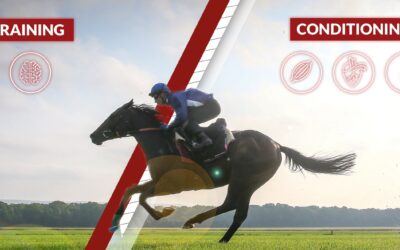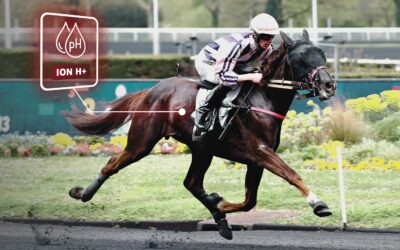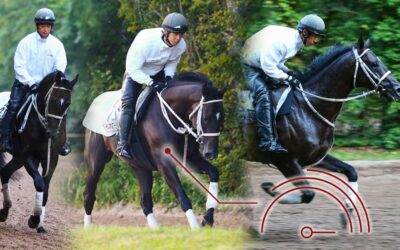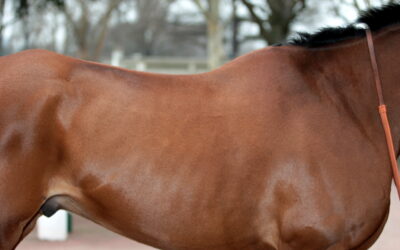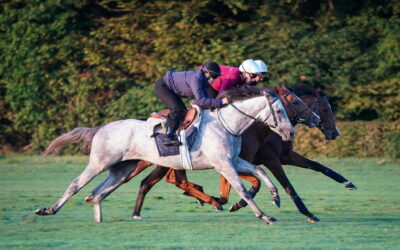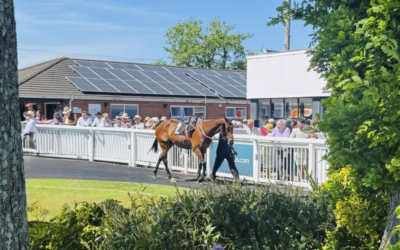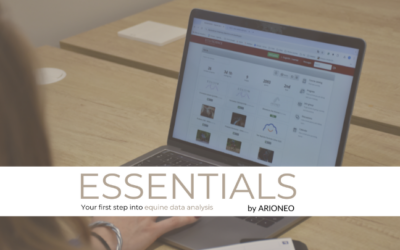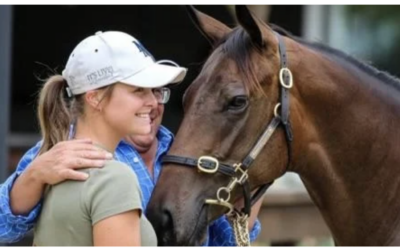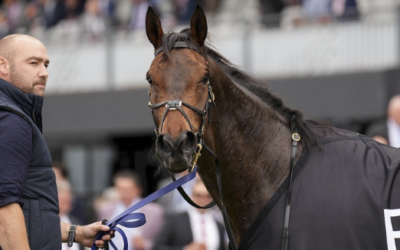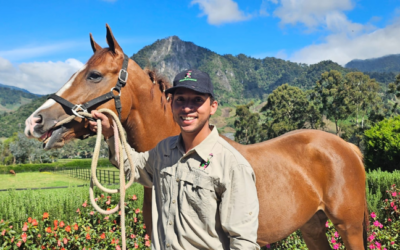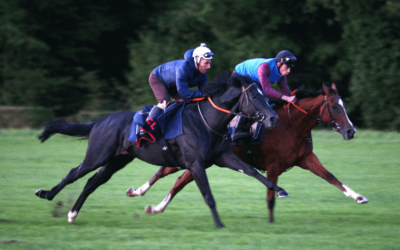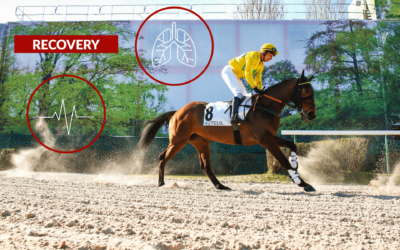EXPLORE OUR BLOG
Here you will find a lot of information to better understand performance and health measurements as well as tips about racehorse training and well-being.
LATEST ARTICLES
Preserving confidentiality and performance: a priority for Arioneo
At Arioneo, performance and confidentiality go hand in hand: secure, anonymised and GDPR-compliant equine data for reliable monitoring.
Data in racing: Desleigh Forster’s approach
Discover how Desleigh Forster is revolutionising horse training with data: performance, precision and innovation are at the heart of her method.
Matt Hoysted: EQUIMETRE an essential tool in his daily training
Based at Eagle Farm in Australia, Matt Hoysted stands out as one of the most progressive trainers of his generation. He uses the Equimetre system in his stable.
Louisa Carberry: “Equimetre is a real asset for refining our daily training.”
Discover how renowned steeplechase trainer Louisa Carberry integrates Equimetre into her daily routine to refine training, monitor fitness, and optimize performance through data—without replacing intuition.
Bridging data & sports with the Advanced Program: Dr Keila Coelho on using data to transform jumping horse care
Following Arioneo’s Advanced programme, Dr Keila Coelho uses data to improve the care and performance of show jumping horses—an inspiring story at the crossroads of sport and science.
Interview with Matthew Taylor: what the Essentials & Advanced programs brought to his professional experience
Discover Matt Taylor’s opinion on Arioneo Institute training courses and the evolution of human and equine performance thanks to new technologies.
BROWSE AMONG OUR CATEGORIES
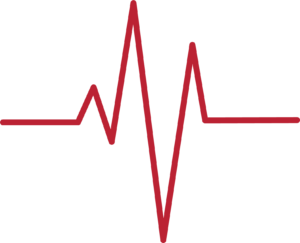
Equine Physiology

Testimonials
Racehorse training
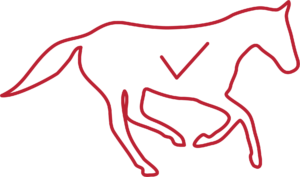
Young racehorses
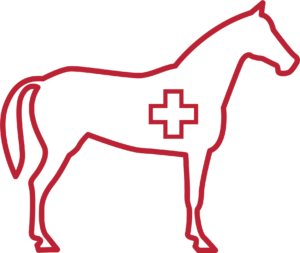
Health & Science
Standardbreds
EQUINE PHYSIOLOGY
Conditioning of the athletic horse
The conditioning of the athletic horse takes place through physiological changes. During training, the body adapts to the loads applied to his various skeletal, muscular and cardiovascular systems.
How do these different systems adapt? What is the purpose of their conditioning?
Conditioning vs training: what are the differences in horses?
Conditioning and training are terms that could be confused. Although both terms lead to an improvement in the horse’s abilities, they do not have the same effects on the horse. This article explains the principle of conditioning and its effects, as well as those of training.
The acid-base balance during exercise
During exercise, the acid-base balance of the horse’s body is perturbed. By using more oxygen and energy, his metabolism produces waste products that acidify his body. The body then naturally regulates its pH level in order to maintain this acid-base balance. How does the horse’s acid-base balance work during exercise?
Exercises of varying intensity: what effect on the horse?
During exercise of varying intensities, the different systems of the horse’s body adapt their functioning. In this article we will look at these changes through the respiratory, cardiovascular and muscular systems.
Racehorse’s three main physiological systems: roles and functions
The horse’s body has three key systems to ensure its proper functioning: the respiratory, cardiovascular and muscular systems.
How do these metabolisms work? What roles do they play in the horse’s body?
What is the influence of training on a racehorse’s cardiovascular system?
The horse’s cardiovascular system allows good blood circulation and ensures oxygen transport. How does the horse improve it?
RACEHORSE TRAINING MONITORING
Data in racing: Desleigh Forster’s approach
Discover how Desleigh Forster is revolutionising horse training with data: performance, precision and innovation are at the heart of her method.
Matt Hoysted: EQUIMETRE an essential tool in his daily training
Based at Eagle Farm in Australia, Matt Hoysted stands out as one of the most progressive trainers of his generation. He uses the Equimetre system in his stable.
Louisa Carberry: “Equimetre is a real asset for refining our daily training.”
Discover how renowned steeplechase trainer Louisa Carberry integrates Equimetre into her daily routine to refine training, monitor fitness, and optimize performance through data—without replacing intuition.
“It’s exciting and we can’t wait to learn more”- horses to wear heart rate monitors (Equimetre) in BHA pilot
Like all major sports, advances in technology and data science are playing an increasingly important role across British racing, especially when it comes to improving horse welfare, safety and performance.
Tom Charlton & John O’Shea: revolutionizing training techniques using Equimetre data
Tom Charlton shares his experience and views on the growing importance of data in racehorse training
8 reasons to do the Essentials program
Data is revolutionising equestrian sports and racing. the Essentials training is the ideal introduction for trainers, riders and equine science enthusiasts.
EQUINE HEALTH & SCIENCE
How the Advanced program helped Tammy Feek harness the full potential of equine data
Having used Equimetre technology for several years, Tammy explains how the program has deepened her understanding of data analysis and its role in optimizing racehorse performance and well-being.
Michael Blomeley: How the Advanced program is helping racehorse training with data science
Driven by his ambition to become a successful trainer, Michael explains how the Advanced program has equipped him to integrate data and sports science into his daily routine.
Jose Gutierrez & the Advanced program : Enhancing horse training with data analysis
In the world of horse racing, success is often attributed to instinct, experience, and tradition. However, Jose Gutierrez is proving that data analytics is the next frontier in optimizing performance and ensuring equine well-being.
YOUNG RACEHORSES MONITORING
When and how to detect your young horses’ locomotor profile?
Knowing your young horses’ locomotor profile is the first step to detect the future champions… What is their natural acceleration strategy?
Young racehorses’ recovery
Young horses do not have the same recovery patterns as older horses, even for equal intensity training or between two horses with equivalent fitness. Indeed, young horses have a less efficient heart and must adapt their muscular and neurological systems to the training conditions. They need time to adapt before they can recover properly. The evaluation of recovery in young horses is therefore done differently. How do recovery data differ between young horses and adult horses? How do you assess it?
Physiological changes in the young racehorse
Many physiological and musculoskeletal changes may be seen in young Thoroughbreds as early as the first weeks and months of training.
STANDARDBREDS TRAINING
No Results Found
The page you requested could not be found. Try refining your search, or use the navigation above to locate the post.
TESTIMONIALS
Interview with Miguel Clément, blending tradition and technology in horse training
From a childhood steeped in racing to a career that has taken him across the globe, Miguel Clément has built a reputation as a thoughtful and forward-thinking trainer.
Data in racing: Desleigh Forster’s approach
Discover how Desleigh Forster is revolutionising horse training with data: performance, precision and innovation are at the heart of her method.
Matt Hoysted: EQUIMETRE an essential tool in his daily training
Based at Eagle Farm in Australia, Matt Hoysted stands out as one of the most progressive trainers of his generation. He uses the Equimetre system in his stable.


